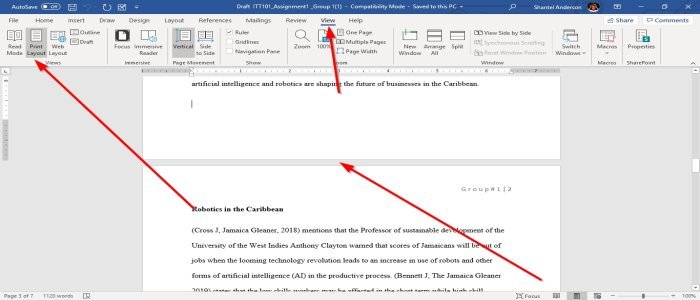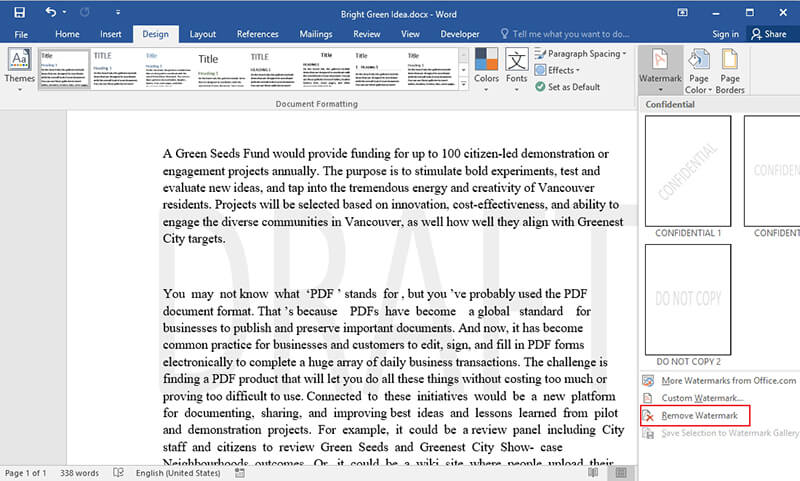

The sanctions bill, many senators believed, would have sent a strong and tangible message to Russian President Vladimir Putin that his actions towards Ukraine would have real, economic consequences.īut the sanctions bill stalled after Republicans and Democrats could not agree on several key points including whether to impose sanctions before a Russian invasion of Ukraine and how to handle the controversial Nord Stream 2 pipeline. While the resolution is a bipartisan declaration against Russia’s actions towards Ukraine, the step is a far cry from where Republicans and Democrats started weeks ago with talks of a bipartisan Russia sanctions bill. Rob Portman, said the disagreements from both Republicans and Democrats had been resolved Thursday evening before the last series of Senate votes ahead of the recess, which allowed the resolution to pass by voice vote before the Senate gaveled out for the week. Jeanne Shaheen, who spearheaded the resolution with Republican Sen.

Paul objected because the original draft of the resolution didn’t include clear language ensuring nothing in the resolution could be construed as an authorization of force or an authorization to use troops, he told CNN. Rand Paul, a Republican from Kentucky, objected to it, condemns Russia for its aggressive actions towards Ukraine.

The resolution, which almost didn’t make it to the Senate floor before a week-long recess after Sen. The Senate late Thursday approved a symbolic resolution condemning Russia after failing to move a binding package of sanctions, showing the divisions that remain over Washington’s response to the Russia-Ukraine crisis even as members from both parties try to present a unified front.


 0 kommentar(er)
0 kommentar(er)
